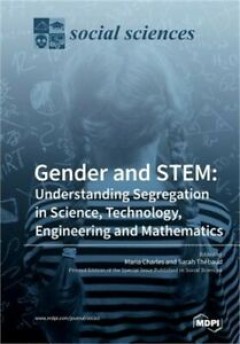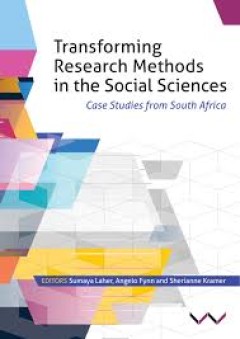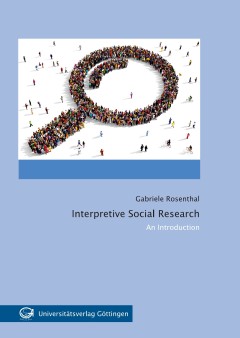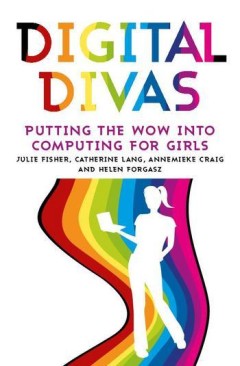Filter by

Gender and STEM : understanding segregation in science, technology, engineeri…
This volume features thirteen original chapters on the causes and consequences of gender segregation in scientific, technical, engineering, and mathematics (“STEM”) occupations and fields of study. Although women have made great strides in equalizing access to labor markets and higher education, many STEM fields—particularly in the physical sciences and engineering—remain strongholds of…
- Edition
- -
- ISBN/ISSN
- 9783038971474
- Collation
- ix, 271p. : ill.
- Series Title
- -
- Call Number
- 510.71 GEN g

Transforming research methods in the social sciences: case studies from South…
editors, Sumaya Laher, Angelo Fynn and Sherianne Kramer.
- Edition
- -
- ISBN/ISSN
- 9781776143559
- Collation
- xiv, 442 pages : illustrations ; 25 cm
- Series Title
- -
- Call Number
- 300.721 LAH t

Instructional scaffolding in STEM education : strategies and efficacy evidence
This book uses meta-analysis to synthesize research on scaffolding and scaffolding-related interventions in STEM (science, technology, engineering, and mathematics) education. Specifically, the volume examines the extent to which study quality, assessment type, and scaffolding characteristics (strategy, intended outcome, fading schedule, scaffolding intervention, and paired intervention) influe…
- Edition
- -
- ISBN/ISSN
- 9783319025650
- Collation
- xi, 144p. : ill.
- Series Title
- -
- Call Number
- 510.71 BEL i

The globalization of knowledge in history : based on the 97th Dahlem Workshop
Today scientific, technological and cultural knowledge is shared worldwide. The extent to which globalized knowledge also existed in the past is an open question and, moreover, a question that is important for understanding present processes of globalization. This book, the first volume of the series "Studies" of the "Max Planck Research Library for the History and Development of Knowledge," th…
- Edition
- -
- ISBN/ISSN
- 9783844222388
- Collation
- 866p. : ill.
- Series Title
- -
- Call Number
- 001.01 GLO g

Perspectives for the Next Generation of Virus Research: Spearheading the Use …
Infectious diseases are associated with approximately 20% of global mortality, with viral diseases causing about one third of these deaths. Besides newly emerging and re-emerging viral infections will continue to pose a threat to human survival globally. In this case scientific advances have greatly been increased to defend against those pathogens. For example, rapid genomic sequencing, proteom…
- Edition
- -
- ISBN/ISSN
- 9782889452156
- Collation
- 192p.: ill.
- Series Title
- -
- Call Number
- 616.01 YAM p

Interpretive social research : an introduction
This volume is a clear introduction to methods of data collection and analysis in the social sciences, with a special focus on interpretive methods based on a logic of discovering hypotheses and grounded theories. The chief methods presented are participant observation, open interviews and biographical case reconstruction. The special advantages of interpretive methods, as against other qualita…
- Edition
- -
- ISBN/ISSN
- 9783863953744
- Collation
- 246p. : ill.
- Series Title
- -
- Call Number
- 301 ROS i

Digital divas : putting the wow into computing for girls
The geek is male. Or so it seems. As is well documented, there is a distinct under-representation of girls studying computing at high school level and, correspondingly, going on to have careers in IT. To address this problem, in 2007 the authors of this book, with backgrounds in secondary teaching or IT, trialled a new and revolutionary program in schools: ‘Digital Divas’. The Digital Divas…
- Edition
- -
- ISBN/ISSN
- 9781922235862
- Collation
- x, 197p. : ill.
- Series Title
- -
- Call Number
- 004.8352 FIS d
 Computer Science, Information & General Works
Computer Science, Information & General Works  Philosophy & Psychology
Philosophy & Psychology  Religion
Religion  Social Sciences
Social Sciences  Language
Language  Pure Science
Pure Science  Applied Sciences
Applied Sciences  Art & Recreation
Art & Recreation  Literature
Literature  History & Geography
History & Geography